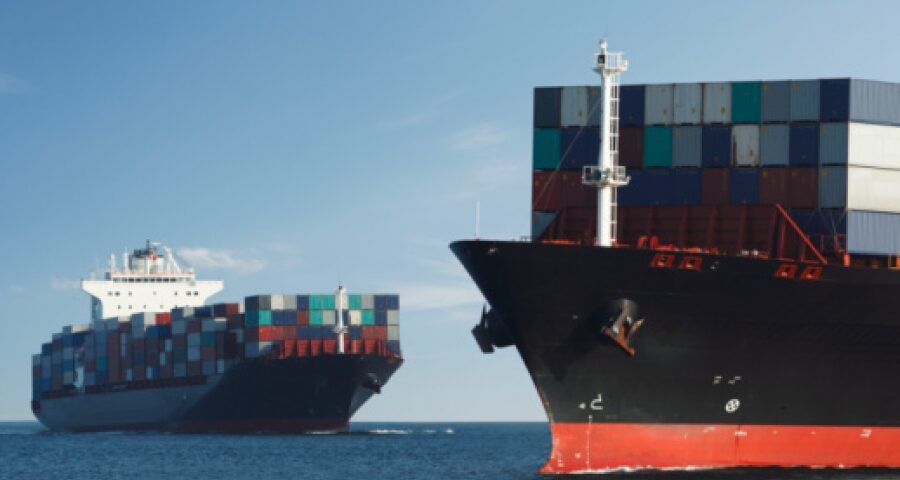PortEconomics members Theo Notteboom, and Wei Yim Yap investigate the competitive dynamics between container ports in the light of liner shipping scheduling in a port study published in the latest issue of the scholarly journal Maritime Policy and Management (vol. 38, issue 5).
Container ports provide the primary interface where physical exchange between buyers and sellers of containerised shipping capacity can be consolidated and realised. Consequently, ports that are able to complement and add value to the objectives of shipping lines and shippers will become focal points for containerised cargo flows. To evaluate container port competition, Theo and Wei propose a practical and direct approach based on revealed preferences of shipping lines with respect to container shipping service dynamics. Empirical results show that this approach offers a deeper understanding on the workings and evolution of competitive dynamics between ports which may not be obvious from observations of port performance at the aggregated level. Benefits of the approach also include raising awareness that policy makers should be aware of the need to understand the nature, extensity and intensity of competitive relationships between ports as they craft and implement policies to correct for actual or perceived market failures in the industry.












